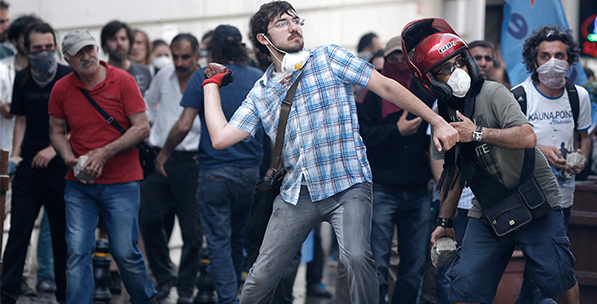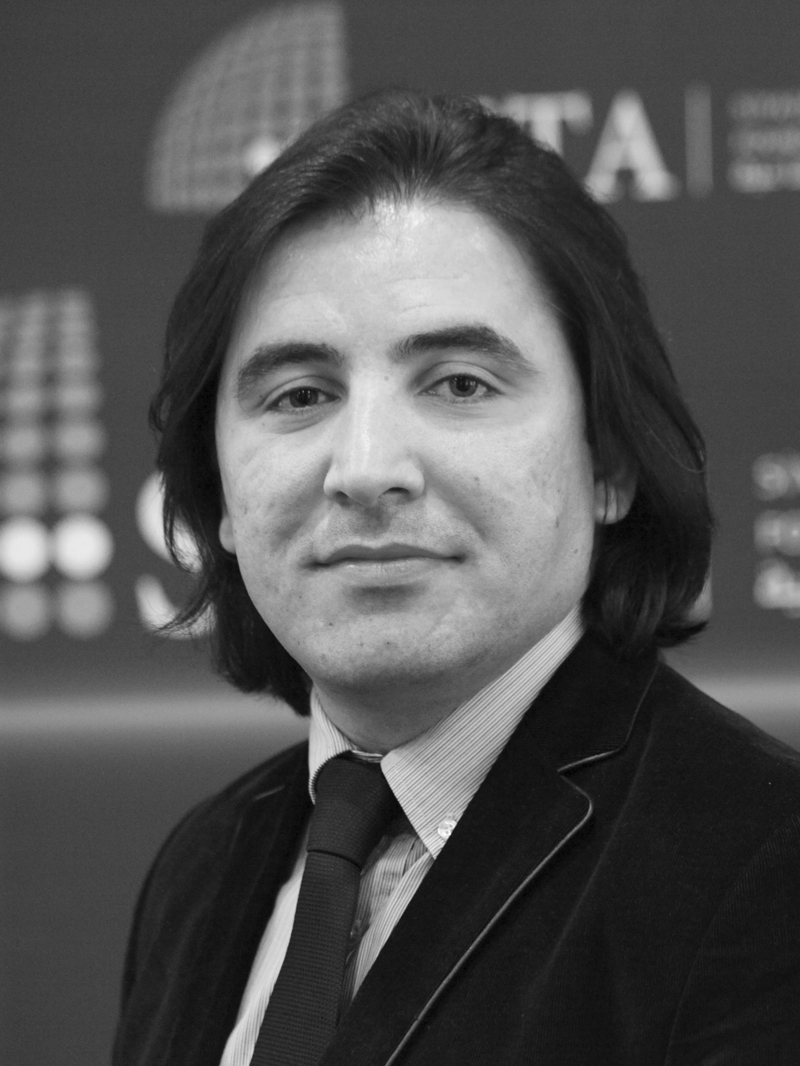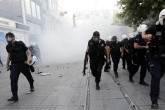The recent events in Turkey have been well discussed in terms of the government response. The (mis)handling of the protests have drawn wide scrutiny from both domestic and international audiences. However, little mentioned, but no less important an issue is the role, or lack thereof, of the opposition throughout these protests in particular, and in Turkish politics in general. One of the main reasons the protestors took to the streets in order to protest the government and its policies is the inadequacy of the main opposition parties in Turkey to transform dissent into effective politics.
The protestors believe that their demands are neither being adequately represented nor addressed in the political sphere. In other words, the parties that they voted for, especially the main opposition Republican People Party (CHP), have failed to give voice to their demands. According to a survey conducted by KONDA, an independent polling firm, 41 per cent of people attending the Gezi Park Protest voted for the CHP in the 2011 election, unenthusiastically. This is a very high percentage given that 17 per cent of protestors indicated that they were under the voting age at the time, while 13 per cent stated they did not vote and 7 per cent admitted to have cast empty ballots.
Nevertheless, demonstrators voiced uneasiness with the prospect of CHP taking a more prominent role in the protests, as expressed by party chairman Kemal Kilicdaroglu, “protestors don’t want us on the front lines”.
This begets two questions: Why do the protestors, a significant majority of whom voted for the CHP, feel under represented? And given that the composition of parliament, in terms of seat distribution between the governing AK Party and the main opposition CHP, remained virtually unchanged over the last decade: Why should the CHP constituency feel less represented than before? An analysis of the latter would make the former easier to comprehend.
One peculiarity of Turkey’s politics is that there has always been a distinction between governing and ruling the country. While the role of governing was entrusted to the elected political parties, the task of ruling remained as the prerogative of the secular-Kemalist establishment composed of military and high bureaucracy.
CENTRE AND PERIPHERY IN TURKISH POLITICS
This dichotomy mirrors renowned scholar Prof. Serif Mardin’s concept of centre and periphery in Turkish politics. While centre denoted sections of society that identified itself strongly with the organising ideology of the Kemalist-secular state, enjoyed a privileged position economically and politically, and fit seamlessly into the establishment’s conception of ideal citizen and society, the periphery represented disenfranchised, disillusioned, and disaffected part of the society. Latter group’s demands and quests have mostly been regarded suspicious, if not alarming, by the establishment.
Most of Turkey’s governing parties have been representative of the periphery, which was made up of lower socio-economic strata of society, religious or socially conservative groups. Whereas the upper middle classes, secular-Kemalist segment of society has been represented by the components of centre: high military and civilian bureaucracy, and CHP politically. This has not only been the main picture of Turkey’s politics, it has also represented the cardinal weakness of its democracy. Civilian government, until recently, had always been inferior to the ruling military – bureaucratic alliance.
The Justice and Development Party (AK Party), for a majority of it’s over a decade rule, was no exception in this regard. While politically in power, AK Party acted as if it were the opposition in its interactions and struggle with Turkey’s Kemalist establishment. Conversely, while politically in opposition, CHP acted as political spokesperson for the established order and supported the status quo.
These diverse approaches taken by both partie



